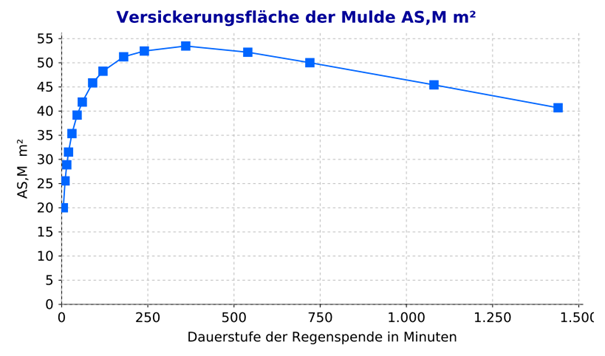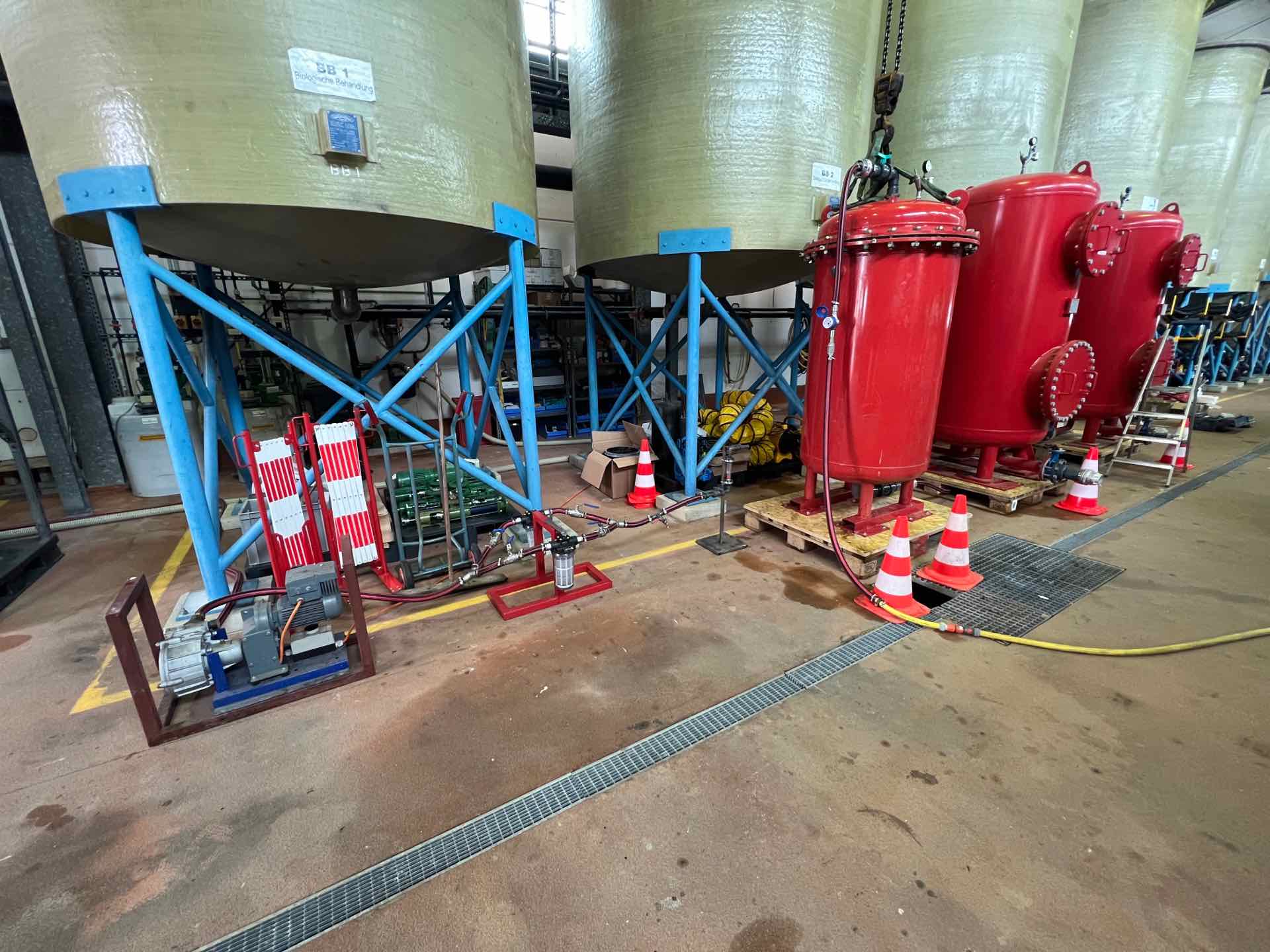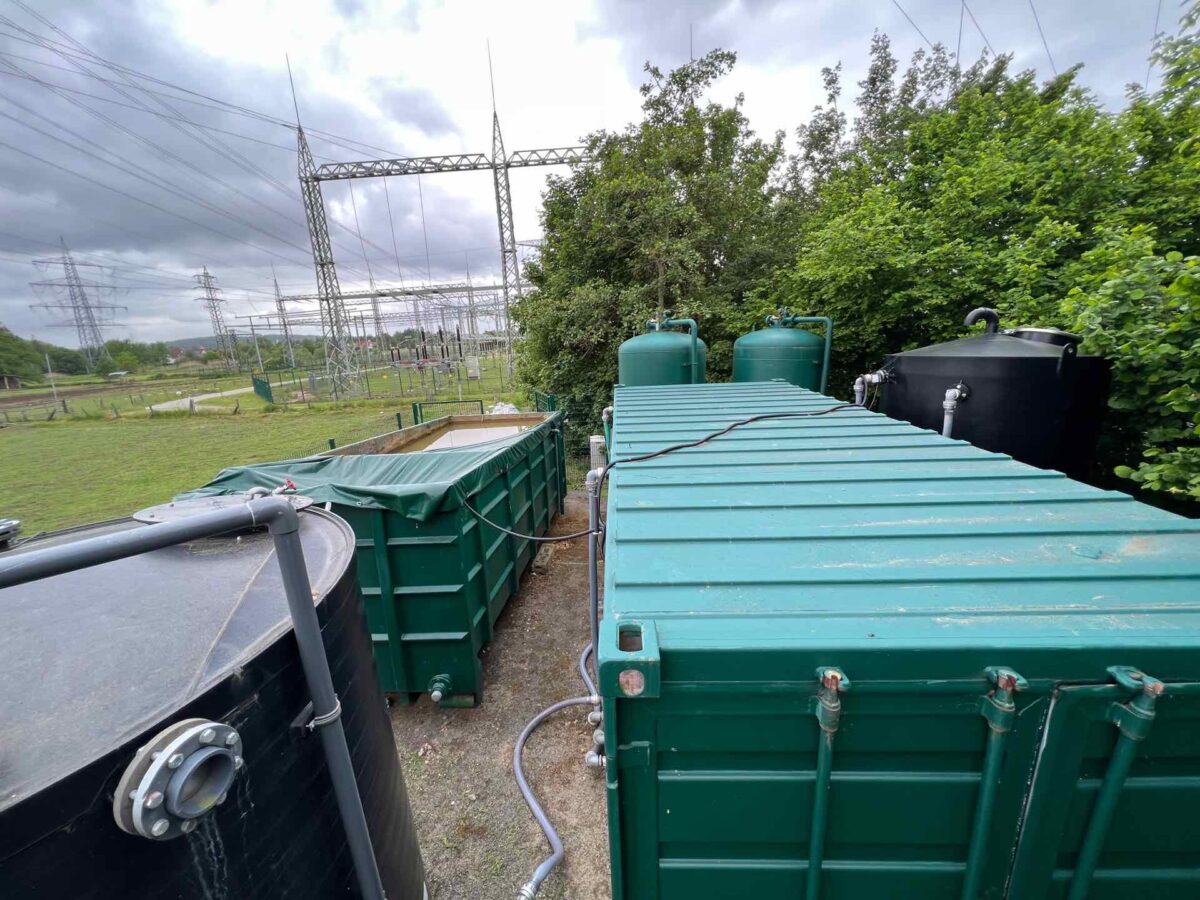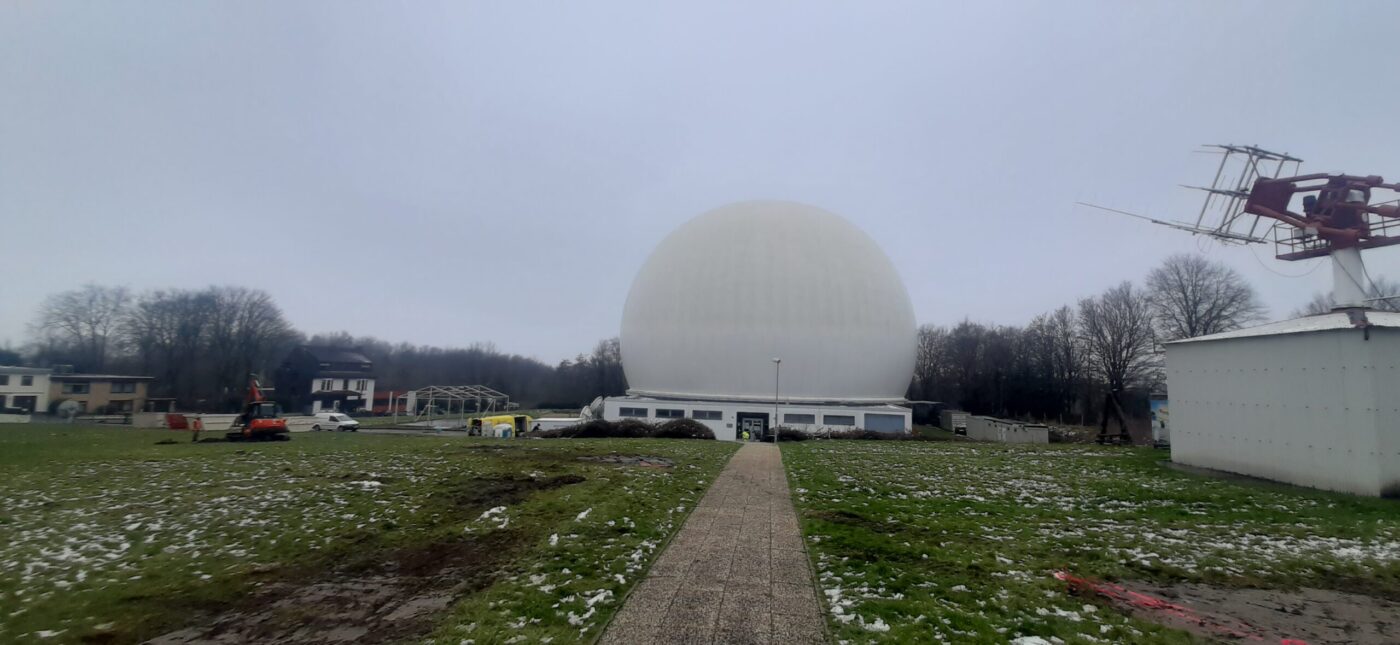In September 2021, representatives of the governments of Germany, Ecuador, Ghana and Vietnam were invited to a first ministerial conference on marine litter in Geneva. The aim is to reach a globally binding agreement to protect the environment and the oceans in particular by adapting the production, use and recycling of plastics to minimise waste.
Over 1,000 representatives from 140 countries and non-governmental organisations took part in the talks in Geneva and virtually. The conference was a preparation for the second part of the 5th UN Environment Assembly in February 2022, at which a draft UN resolution on marine litter and microplastics presented in Geneva by Peru and Rwanda is to be finalised as a binding global agreement. This resolution was adopted at the 5th UN World Climate Conference. The aim is to negotiate a legally binding agreement on the reduction of marine litter and environmental pollution by 2024.
Although numerous bans and restrictions on the use of single-use plastics have already led to progress in over 120 countries, it is estimated that the amount of plastic entering the world's oceans could triple over the next two decades. Around 12 million tonnes of plastic waste currently end up in the oceans every year. This plastic waste not only damages marine habitats, but also wildlife and human health.
According to the UN Environment Programme (UNEP), plastic pollution is one of three planetary crises, along with climate change and biodiversity loss.
Climate justice and sustainability are also guiding principles at the Mull & Partner Group. In particular, M&P GO.BLUE.NOW. is focussing on achieving a climate-friendly future.







